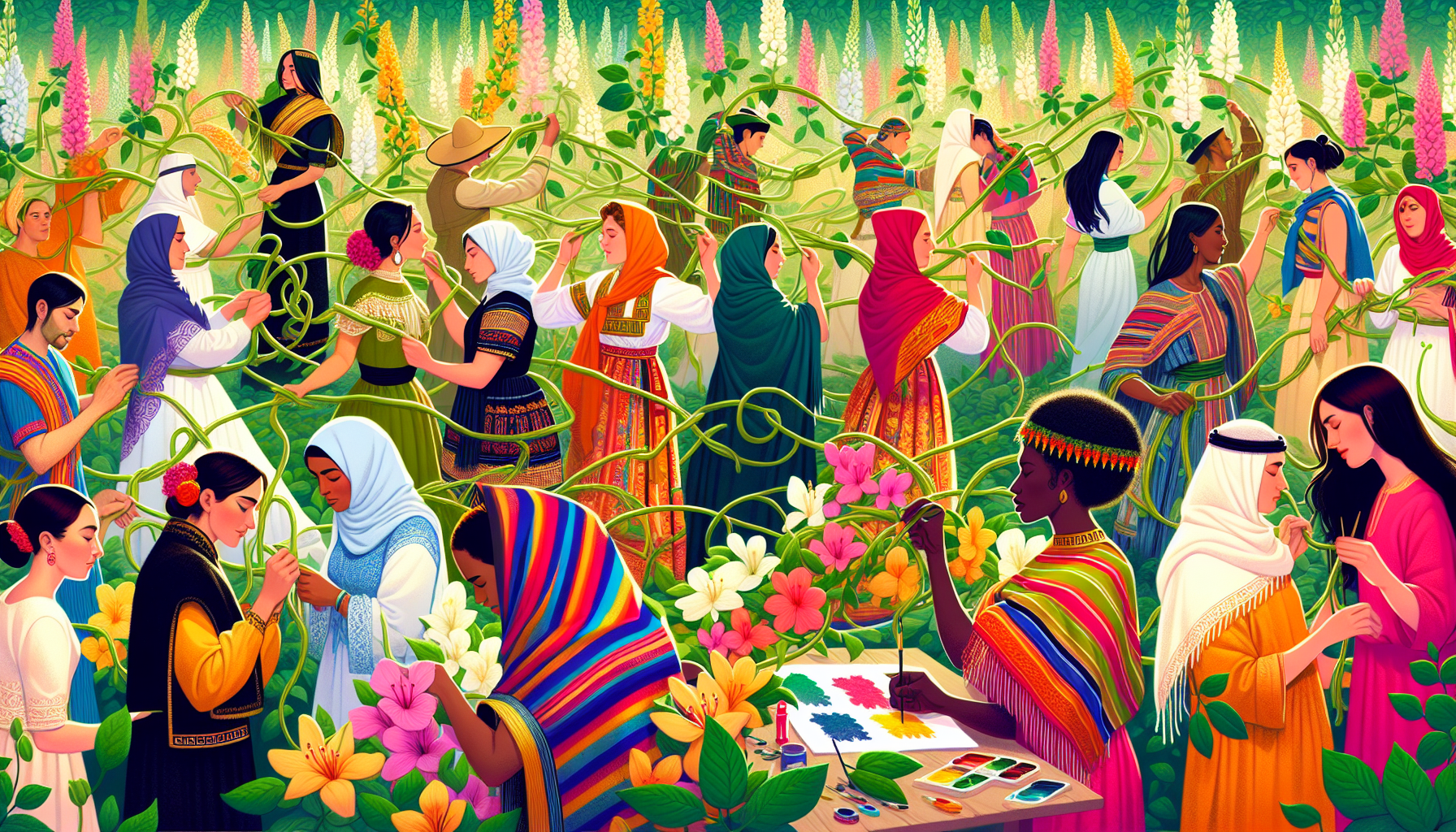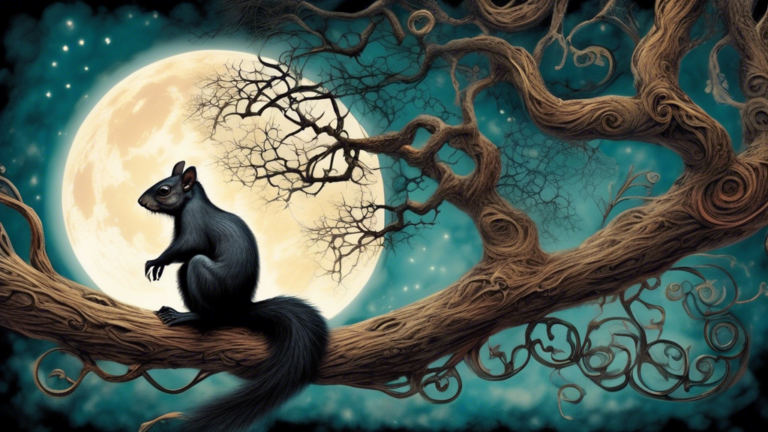Exploring the Symbolism of Honeysuckle in Different Cultures
Introduction to Honeysuckle: More Than Just a Sweet Scent
Honeysuckle, with its intoxicating fragrance and attractive appearance, is more than just a garden delight. This hardy climber, known scientifically as Lonicera, is rich in symbolism and history and has been significant in various cultures around the world. From symbolizing love and devotion to representing purity and generosity, honeysuckle carries deep meanings wherever it blooms.
The Symbolic Meanings of Honeysuckle in Various Cultures
In exploring the symbolism of honeysuckle, it becomes apparent how a single plant can hold multiple meanings, each varying from one culture to another, influenced by the local environment, prevailing historical contexts, and existing spiritual or cultural beliefs.
1. Love and Affection
In the language of flowers, a concept popularized during the Victorian era in England, honeysuckle represents bonds of love due to its tendency to entwine around structures and other plants for support. This characteristic has made it a symbol of devotion and everlasting love. Victorian lovers often exchanged honeysuckle flowers to symbolize the strength and permanence of their affections.
2. Protection in Celtic Lore
In Celtic symbolism, honeysuckle is considered a protective plant. It was believed that growing honeysuckle near the house could prevent the entry of evil spirits or bad energy. Its sweet aroma was thought to cleanse the air and bring peace to the dwelling’s occupants.
3. Pathways to Enlightenment in Buddhism
In Buddhist symbolism, honeysuckle is often seen as an embodiment of generosity and kindness, two virtues highly valued in this philosophy. Some sects believe the sweet scent of the honeysuckle aids in calming the mind and can help guide the pathway to enlightenment.
4. Sweetness and Strengthening Bonds in Chinese Culture
Chinese folklore holds honeysuckle in high regard, attributing properties of sweetness and the ability to strengthen bonds between people to this enchanting plant. It is often used in traditional medicine to cleanse the body and as a symbol in art to represent the endurance of love irrespective of societal pressures.
5. Emblem of Hospitality in American Culture
In the southern regions of the United States, honeysuckle is often seen as an emblem of hospitality. Its vigorous growth and abundant blooms, offering a sweet scent and nectar, make it a welcoming sight in gardens. This perspective aligns with the Southern tradition of warm welcomes and generous hospitality.
Use of Honeysuckle in Festivals and Religious Ceremonies
The sweet and potent aroma of honeysuckle not only makes it prized for its aesthetic and sensory appeal but also lends it a role in various cultural practices including festivals and religious ceremonies.
Celebrations of Spring and Fertility
In many cultures, the blooming of honeysuckle marks the commencement of spring, a time often associated with fertility and growth. Its presence is integrated into seasonal festivals that celebrate new beginnings and the beauty of nature in renewal.
Sacred Offerings
In some religious traditions, honeysuckle flowers are used as offerings at altars or sacred spaces, symbolizing gratitude or seeking spiritual favor. Their aromatic profile is believed to please deities and foster a meditative atmosphere.
Conclusion: A Universal Symbol of Sweet Interconnections
The varied symbolism of honeysuckle across different cultures illustrates the universal human tendency to imbue nature with emotional and spiritual meanings. Whether seen as a symbol of love, protection, or spiritual quest, honeysuckle enriches the cultural landscapes of the people who cherish it, reminding us of our deep interconnections with the natural world.
Exploring the Symbolic Meanings of Whales
Exploring the Symbolism of Crows in Various Cultures
Symbols of Obatala: Exploring their Meanings and Significance







